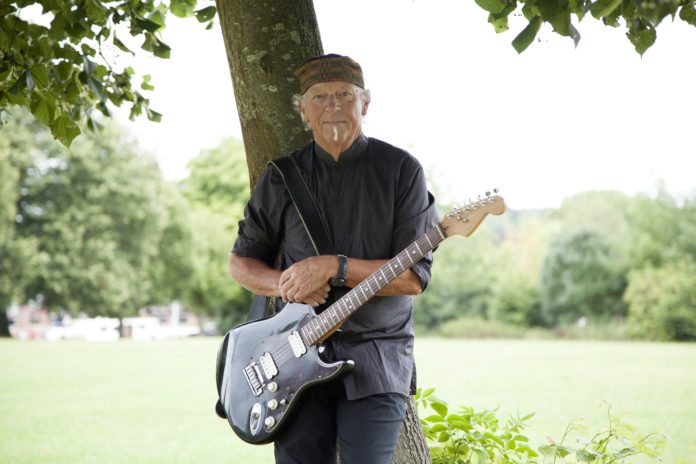It’s hard to believe that progressive/folk rock band Jethro Tull started 57 years ago. Although the group’s most important and longest-running contributor, Martin Barre, would join forces with singer/bandleader Ian Anderson just a year later, it’s important not to understate his relevance in the annals of classic rock history.
And while the name Jethro Tull means something entirely different to longtime fans today, with only original member Anderson at the helm, Barre’s live shows are a better representation of the music fans most want to hear. His current run of shows will celebrate the music he and Ian collaborated on that provided the soundtrack for many generations. The 77-year-old guitarist is still very much a live force, and his ferocious live band is a wonderful interpreter of the Jethro Tull catalog fans have come to know and love.
We caught up with Barre as he was preparing for his run of US shows.
Bohemian: Your run with Jethro Tull lasted 43 years and longer than any other member besides Ian. Are there any periods or records you enjoyed more than others?
Martin Barre: The early years were so exciting for all of us. We shared a common journey of travel, learning to be better musicians and performers, and were living on the road as a single unit. The many countries we visited were very open to new music, so we had a fantastic reception wherever we played.
Bohemian: Jethro Tull played all over the place during its formative years. What was the longest tour you’ve done to date?
Martin Barre: We would be on the road for 3 months plus, but we were also single, didn’t have roots in any country, and were so eager to travel and spread the music of Tull in new territories. Essentially the life of a musician is nomadic by nature, so we never thought about putting down roots. Because of that, we could play and record anywhere.
Bohemian: Although Tull’s songs were primarily written by Ian Anderson, did he have much influence on your solos and additional guitar licks on any give song?
Martin Barre: I had carte blanche with my guitar parts and, in particular, my solos. Rarely Ian would have an idea, but we would use it if it worked, of course. There was never an issue with egos. We all had a job to do and we all had a voice to be heard. Input, musically speaking, was always welcomed by all members.
Bohemian: You’ve been quite prolific as a solo artist. Do you have plans for a new record in 2024?
Martin Barre: My band tours continually, and this puts recording on the sidelines as it is so time-consuming. I have a lot of ideas “on tape,” but I will start fresh as soon as I can put aside the time for a new recording. I will have to consciously hold back on live gigs.
Bohemian: Do you and Ian ever talk about playing together again? It’s been 13 years since the dissolution.
Martin Barre: That’s really a question for Ian. There is no communication between us.
Bohemian: Is the upcoming show featuring only Tull music or will we hear some solo material?
Martin Barre: I always try and include my solo material and am so pleased that the audience recognizes it. The show is a history of Tull’s music so I am quite focused on that. However, I will always throw in a curve ball for the hell of it.
Martin Barre plays Sunday, March 17 at Blue Note located at 1030 Main Street in Napa. Doors open at 5pm and the evening-with show starts at 6:30pm. Tickets range from $49 to $89 advance and can be purchased at www.bluenotejazz.com. Ages 8 and over are welcome.









